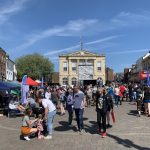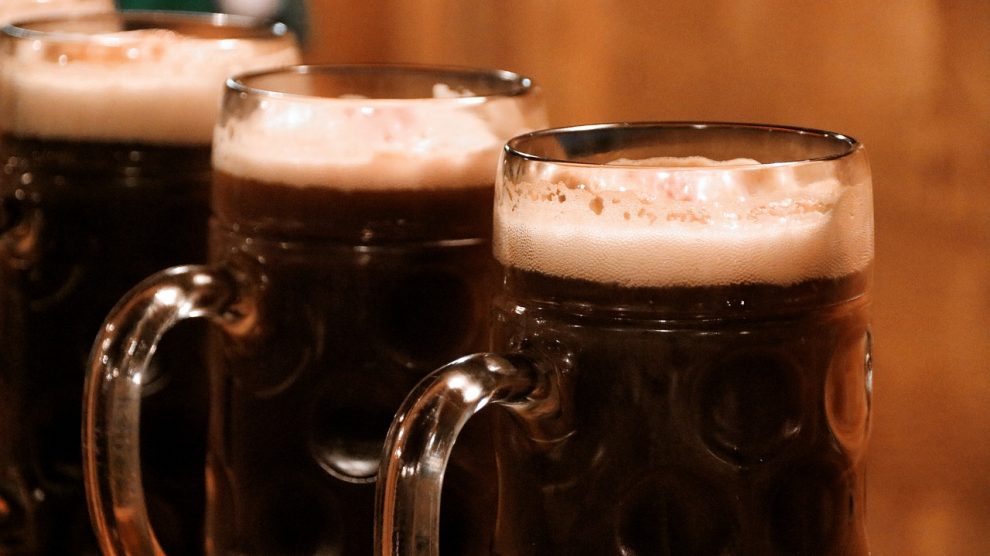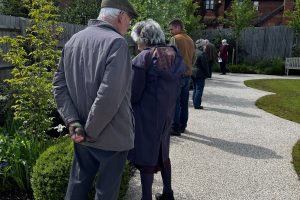A historical look back at Andover’s pubs and inns with one of our towns best loved and well remembered hostelries’ that served many pints to the thirsty residents of Andover town.
The Rose and Chequers public house once occupied the current site of WH Smith and Santander in Andover High Street. The building was sold by its owners in 1970, to meet the towns increasing demand for more shopping space.
Earliest references to the inn give its name as “Ye Chequers” or “Chequers Inn”. The hostelry is first mentioned in 1859. However, the establishment may have existed before that date.
The name lapsed for many years until it was revived by the late Frank Culling, who succeeded his Uncle John Culling who died in 1946. When John Culling took over the pub he changed its name to ‘Culling’s Hotel’. As an excellent caterer and chef, John Culling for many years had the job of providing for the annual Mayoral banquet which was held at the Guildhall.
John Culling was also fond of dancing and he built at the rear of the inn, the Waverley Hall which staged small dances for some considerable time, until it was taken over and used as a British Restaurant during the Second World War. It later became the Andover office of the Ministry of Social Security.
For many years the Rose and Chequers served as a dressing room for visiting football teams coming to play Andover Town. The players would then change in the pub and then run to the game at the Walled Meadow.
The pub was always popular with local farmers, coming into the town for their weekly corn market. In 1857 the Rose and Chequers was known as Market Inn. The landlord was Mr T.A. Banks. He was the Son of Alexander Banks who was the licensee of the Chequers from 1781 to 1832. By 1859 the name had returned to the Chequers, under the ownership of John Young.
A feature of the Rose and Chequers design is the top story, where the rooms all run into one another by means of a passage, right the way through from the front to the back.
An advert for the hostelry read;
Rose and Chequers
Familiar to farmers for generations on Market Day or any other Day or Night
Andover’s Ideal Rendezvous
Centrally situated Fully Licensed Strong’s Ales and Stouts
Market Place Andover Manager F Culling
Many older Andoverarian’s still remember many happy nights spent in the bar of the Rose and Chequers, until its sad demise and eventual demolition to make way for the progress of the towns new town centre which opened later in the same year.





















